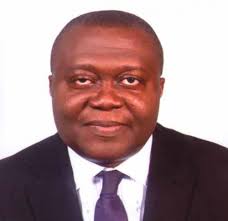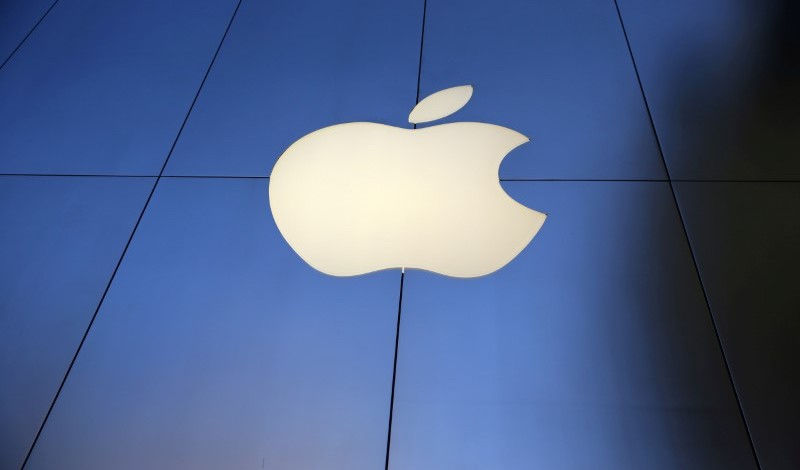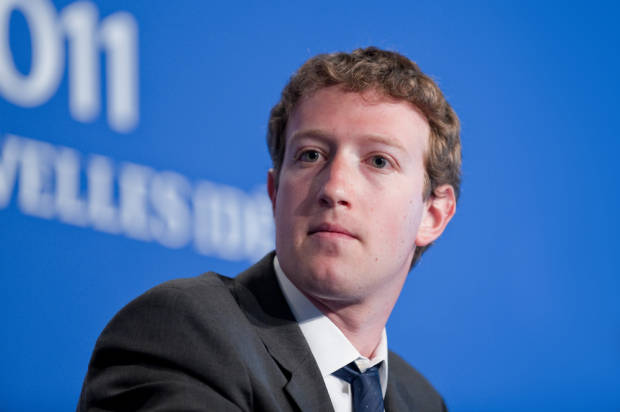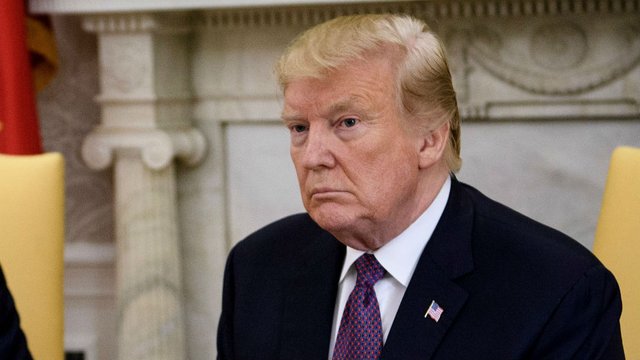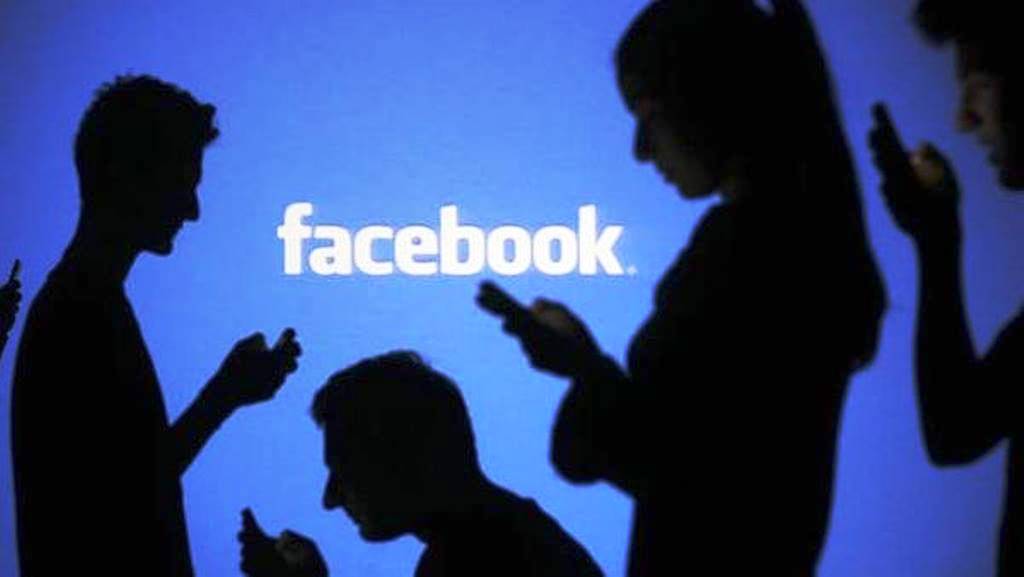By Ehi Braimah
These are certainly not the best of times for Facebook. The social media giant has been boxed into a tight corner by civil right groups in the United States and its advertisers — with scowls on the faces — are withholding their fat wallets over the social network’s hate speech policy. Initially, Mark Zuckerberg, Facebook founder and CEO, dithered over increasing hateful content and outright misinformation on Facebook, citing “freedom of speech” as a fundamental right for all the platform’s users but he has now changed his position.
At the rate global brands where freezing their advertising spend on Facebook, Zuckerberg had only one choice left: listen to the voice of reason. He has agreed to an independent audit of Facebook’s “brand safety controls” in addition to a meeting with the group instigating the advertising boycott. Consumer behaviour is being affected by social media conversations and the reputation of organisations. Consumers are also champions of brand advocacy and co-creators of brand value. Alison Weissbrot in her special report in AdExchanger on why brands are suspending their ad spend in Facebook explained that purchase decisions by consumers are sometimes based on what a company stands for.
With about 2.5 billion users on all its networks, Facebook is a huge community and phenomenal global brand that is too big to fail. Facebook is the owner of Instagram and WhatsApp — Facebook bought Instagram for $1 billion 18 months after it was launched, and subsequently bought WhatsApp when it was five years old for $19 billion. I doubt if there’s hardly anyone who does not use WhatsApp to communicate because it is simple and flexible once you download the app – as long as you have access to the internet, it is free including when you make long distance calls. What of Instagram (IG)? It is the popular photo and video sharing social networking service created by Kevin Systrom and Mike Krieger. IG was launched in October 2010 before Facebook bought it. Facebook keeps expanding its digital footprints as it is also planning to launch a digital currency to be called Libra. When you imagine the awesome potential of FB users signing up for digital wallets, transactions in the global economy as we know it today will change forever.
I’m just wondering what life would have been like without Facebook, IG and WhatsApp. Anyway, your guess is as good as mine. By the time you add Twitter, YouTube and other social networking sites, you will agree with me that these global tech brands are clearly changing the way we live and work; in fact, they are ruling our world. By the way, IG has dethroned Twitter as the lead source of news on social media, according to Shamsul Chowdhury, VP, Paid Social, Jellyfish, in the story under reference in AdExchanger.
Before the lockdown and compulsory isolation began, you could stream your events live on Facebook, Instagram and YouTube. But when COVID-19 pandemic forced everyone to work from home, virtual events, meetings and parties were streamed live through these platforms including Zoom, Microsoft Teams and others – and we have now adapted to this “new normal”.
The tragic death of Black American George Floyd in Minneapolis changed the colour of race relations and activism around the world. From all indications, Floyd did not die in vain because massive protests with the central theme, “Black Lives Matter”, erupted in major cities in the United States and other countries condemning police brutality on people of colour. Unfortunately, Facebook served as the playbook and medium mostly used for culture wars that followed with hateful contents and incendiary rhetorics.
Zuckerberg refused to act even when employees of the company raised the red flag. The post by US President, Donald Trump, “When the looting starts, the shooting starts,” an unconscionable threat to Minnesota protesters when the racial justice protests became widespread, has become the source of Facebook troubles and unending advertising boycotts – Facebook ought to have censored President Trump but it did not and I think Zuckerberg has now realised his mistake.
On the streets of America, we have seen white supremacists proclaiming “white power” in apparent response to the protests over Floyd’s death but such culture wars are avoidable and the mere fact that they promote racism is a hateful and hurtful idea. Now why, are the big ad spenders removing their adverts from Facebook? Civil rights groups in America launched #StopHateForProfit, an activist campaign, recently and from the look of things, they are determined to stop hate speech and objectionable content in its entire ramification.
To be fair to them, the civil right groups did not originally pick on Facebook per se, but advertisers are saying they do not want their brands sharing the same space with divisive rhetoric, hateful content and misinformation; so they are standing with the civil rights groups in solidarity. But as the campaign against hate content gathered steam, the groups are now calling for outright boycott of advertising on any networking site that promotes hate speech – whether directly or indirectly.
“Facebook has given advertisers no option because of their failure time and time again to address the very real and visible problems on their platform,” Rashad Robinson, American civil rights leader and president of Colour of Change, told NPR, an independent non-profit media organisation. What Robinson is saying in a nutshell is that hate and dangerous online misinformation must be checked because it has been allowed to thrive for too long. When Twitter fact-checked President Donald Trump the other day, Trump did not like the idea one bit and he responded with an executive order to curtail what he thinks is “too much power and influence” that social media networks have.
Advertisers are now insisting that Facebook and other social networking sites that they patronise must reflect their “brand values” in a win-win partnership. This time, the advertising boycott appears significant because they want to use their “collective power over Facebook to force the platform to change its content policies”. Whether the boycott will be short-lived or sustainable is debatable but the list of brands pausing advertising is growing. Companies decided to suspend advertising spend – some of them for the month of July only — to see how Facebook will respond to the issues of poor speech moderation.
Coca-Cola, Verizon, Unilever, Starbucks, Ford, Volkswagen Group of America, Levi Strauss, Intercontinental Hotels Group, Clorox, Lego, Addidas, Hershey, Ben & Jerry’s and The North Face have stopped their paid advertising on Facebook – some of them for the time being. These are not small brands. So far, more than 500 companies have pulled their advertising from Facebook, a decision which also affects Instagram.
This would probably be the most difficult moment for Zuckerberg since he founded Facebook. The civil rights coalition mounting “compounded pressure” on Facebook includes the Colour of Change, Anti-Defamation League, Leadership Conference on Civil and Human Rights, NAACP Legal Defence Fund and other non-profits. “Let’s send Facebook a powerful message: Your profits will never be worth promoting hate, bigotry, racism, antisemitism and violence,” the Anti-Defamation league wrote on the #StopHateForProfit’s campaign’s webpage.
Organisers of the boycott are asking Facebook to submit to independent audit of hate speech and misinformation; remove all hate speech and hate groups; refund corporations when their adverts appear next to hate speech and hire a civil rights executive to scrutinize products/policies for discrimination and hate, according to a report by Jessica Guynn for USA Today.
In her response to the current unfriendly cloud damaging Facebook’s PR, Sheryl Sandberg, the chief operating officer, wrote this statement in a blog post: “We have made real progress over the years but this work is never finished and we know what a big opportunity Facebook has to get better at finding and removing hateful content.” This is not the first time that Facebook will be facing advertising boycott. In 2018, some brands suspended their Facebook spend over the Cambridge Analytica scandal on allegations of data privacy violation of users. When the dust eventually settled down, Facebook changed its third party data policy. At the time, Zuckerberg was summoned by the US Congress to Capitol Hill to explain Facebook’s privacy policy and other related matters. YouTube suffered the same fate in 2017 when advertisers also suspended spending on the platform over what they termed “running our adverts next to divisive content and misinformation.” But the adverts eventually returned.
In her report in AdExchanger, Weissbrot interviewed five media agency executives to give their perspectives on the significant threat to Facebook revenue. The executives were: Elijah Harris (SVP, Paid Social, Reprise); Anthony Koziarski (Chief Media Officer, PHD); Barry Lowenthal (CEO, The Media Kitchen); Shamsul Chowdhury (VP, Paid Social, Jellyfish) and George Manas (President and Chief Media Officer, OMD). The summary of their feedbacks indicated that Facebook needs to do more to stem the tide of hate speech to prevent the rise of culture wars; what does reasonable alternatives to FB look like; advertisers are taking action to be a force for good and hold each other accountable and clients will make the final decisions as agencies cannot impose their values on them.
The top media execs hold the view that open conversations on issues driving the boycott should be encouraged from the perspective of advertisers, FB users and employees but they believe the boycott will be shot-lived as long as “content that incite despair, despondency and disenfranchisement” are resolved quickly by Facebook. Of course, they do not want the equities of the brands they handle to diminish and their desire is for corporate ethics and brand values to be key drivers of how the brands manifest in media markets.
Facebook does not make money from contents posted or through its user base – over 95% of its revenue comes from advertising which brought in $70 billion last year. Information credited to Pathmatics but available at www.npr.org revealed that as at June 30, Microsoft was the only company out of top 10 Facebook advertisers that had publicly paused advertising. The top 10 companies and their ad spend are: P&G ($29.2m); Home Box Office ($16.5m); Biden for President ($13.1m); Sprint ($8.3m); Donald J. Trump for President ($7.8m); SiriusXMRadio ($6.6m); Purple Innovation ($6.3m); Microsoft ($6.0m); Home Depot ($5.5m) and AT&T ($5.5m).
Facebook was launched as social networking service on February 4, 2004. It was founded by Zuckerberg when he was a computer science student at Harvard University along with his roommates and fellow students Eduardo Saverin, Andrew McCollum, Dustin Moskovitz and Chris Hughes. Beyond the current advertising boycott, Facebook has not been able to scale up its diversity and inclusion policy – the racial gap challenge needs to be addressed urgently. Out of 27,705 employees, only 1,025 are blacks who constitute less than 4% of the entire workforce while less than 3% of Facebook leadership are blacks. These are pointers that corporate America should not pay lip service to the challenge of race relations and improved diverse working environments. Floyd’s death should serve as a constant reminder to achieve this objective.
Braimah is a PR and marketing strategist based in Lagos


